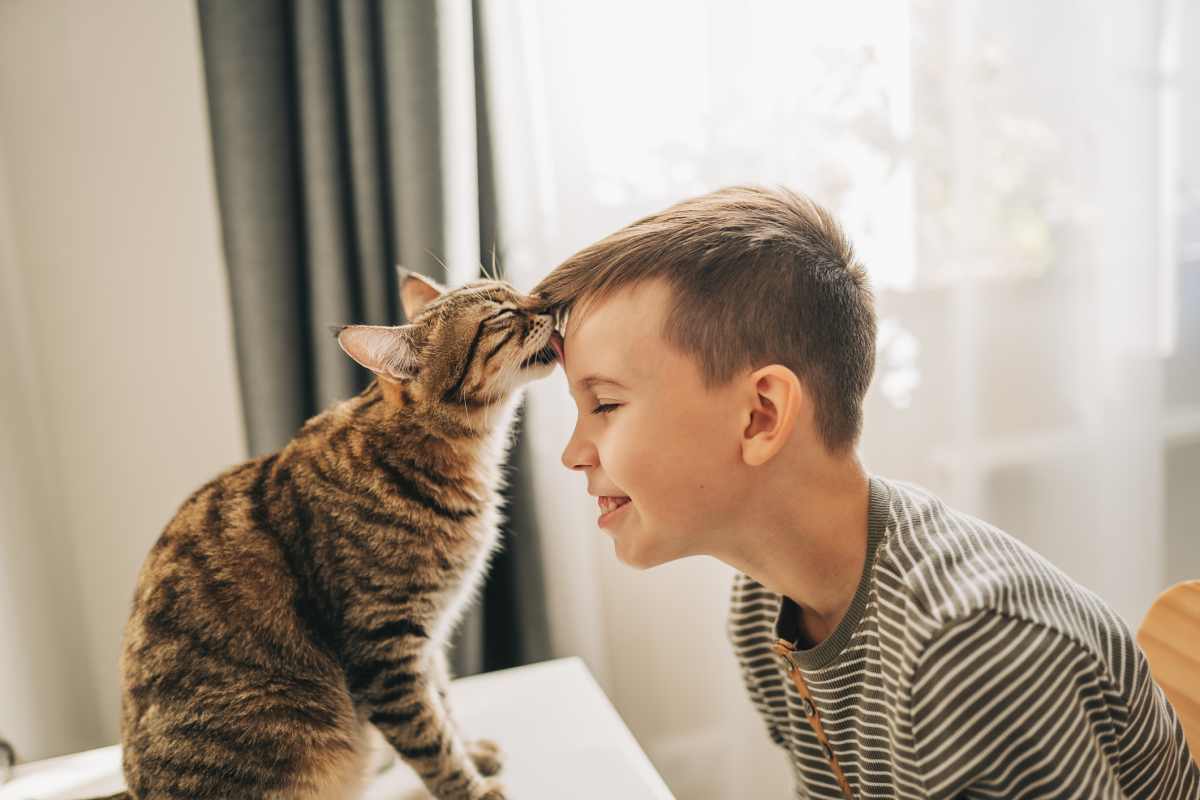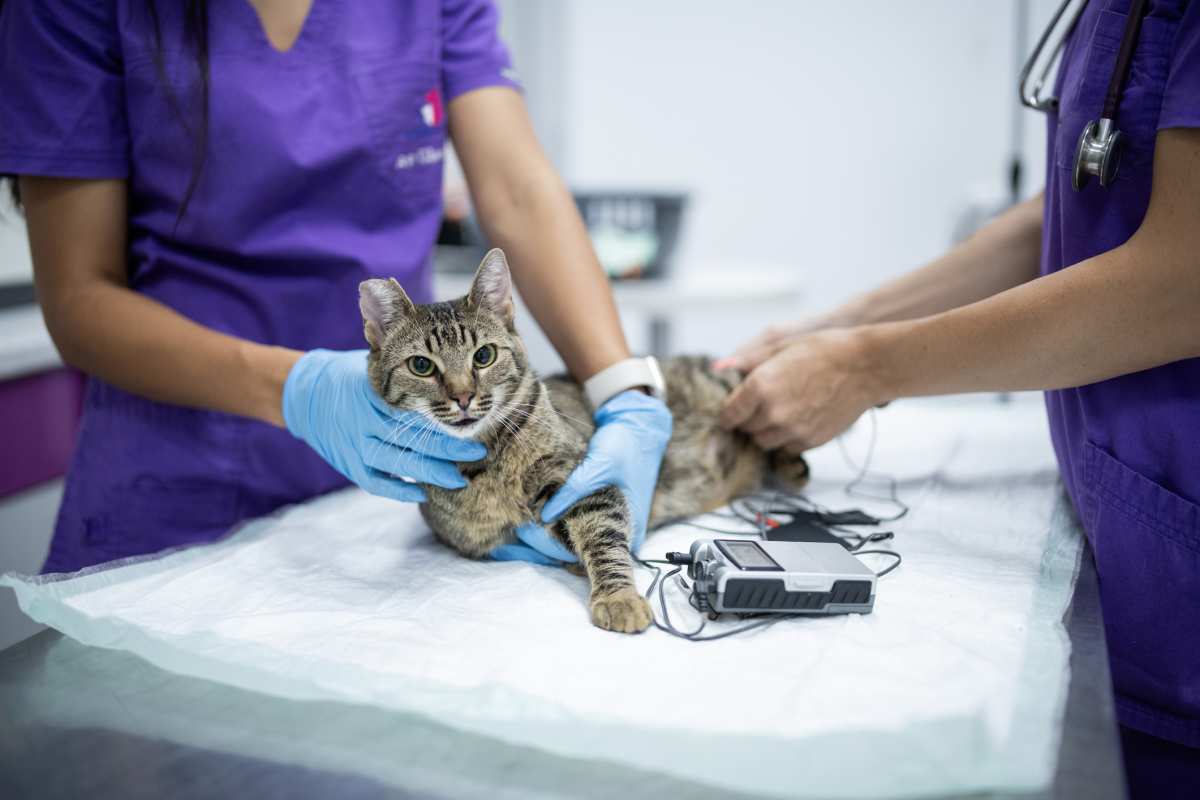Research finds a surprising link between childhood cats and schizophrenia risk in adulthood

Cats have long been cherished companions in many households, offering comfort, calm, and curiosity. But over the years, some researchers have raised questions about whether early exposure to cats might also come with hidden risks. A study took a closer look at a theory that has sparked debate in the scientific community, and the findings have reopened discussions around the possible links between pet ownership and mental health.

As reported by PETBOOK, the idea that cat ownership could be connected to schizophrenia is not entirely new. It is based on the possible role of Toxoplasma gondii, a parasite that lives in cats’ intestines and can infect humans through direct contact or contaminated food. In animals, infection with T. gondii has been known to reduce fear and risk awareness. In humans, it may have the potential to affect the central nervous system, especially in people with weakened immune systems. It is already known to pose serious risks to pregnant women. Still, the theory that it could also contribute to schizophrenia or psychosis-like symptoms has remained controversial.

To find clearer answers, researchers led by John J. McGrath from the Queensland Brain Institute and the Queensland Centre for Mental Health Research carried out a large-scale meta-analysis. They reviewed 1,915 studies from 1980 to 2023 and selected 17 that specifically examined cat ownership before the age of 25 and the later development of schizophrenia-related disorders or psychosis-like experiences (PLE). Their findings, published in Schizophrenia Bulletin, revealed a significant association that people who had early contact with cats were nearly twice as likely to develop schizophrenia-related conditions compared to those who did not.

The findings were more mixed when it came to psychosis-like experiences. Due to inconsistent methods across studies, a pooled analysis couldn’t be done. Some studies found links between specific types of cat contact, like bites or contact with outdoor cats, and higher PLE scores, while others did not. High-quality studies that adjusted for other factors, such as family history or socioeconomic background, showed no strong link. Still, the researchers noted that the most consistent signal was in relation to schizophrenia-like disorders.

While the results showed there might be a possible risk, the researchers made it clear there was no need to worry. Most people with cats will never develop mental illness. The data does not prove that cats cause schizophrenia, but it supports the need for further research. Other possible causes are being explored as well, including the bacterium Pasteurella multocida, found in cats’ mouths, which may also influence mental health, per PETBOOK. Ultimately, the study called for more large-scale, long-term studies to better understand how environmental factors like pet ownership may play a role in psychological disorders.

Furthermore, PETBOOK also suggests that, even though research is not yet conclusive, cat owners can take simple precautions to reduce any possible risks. These include regularly cleaning litter boxes using gloves, washing hands well after touching pet cats, avoiding feeding them raw meat, taking them for regular vet checkups, and getting them tested for Toxoplasma gondii infection. These steps may help lower the chances of potential health concerns linked to the parasite.